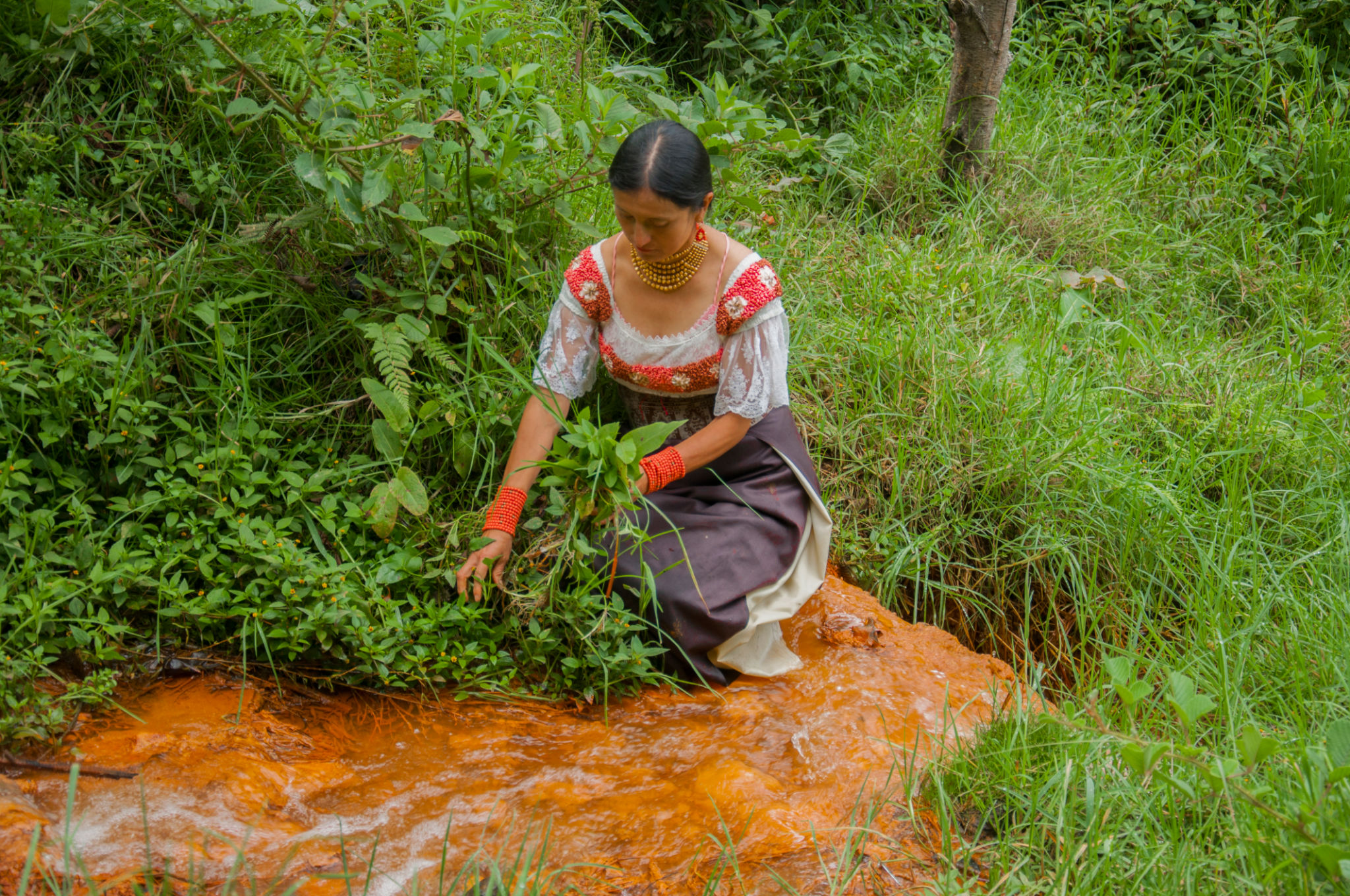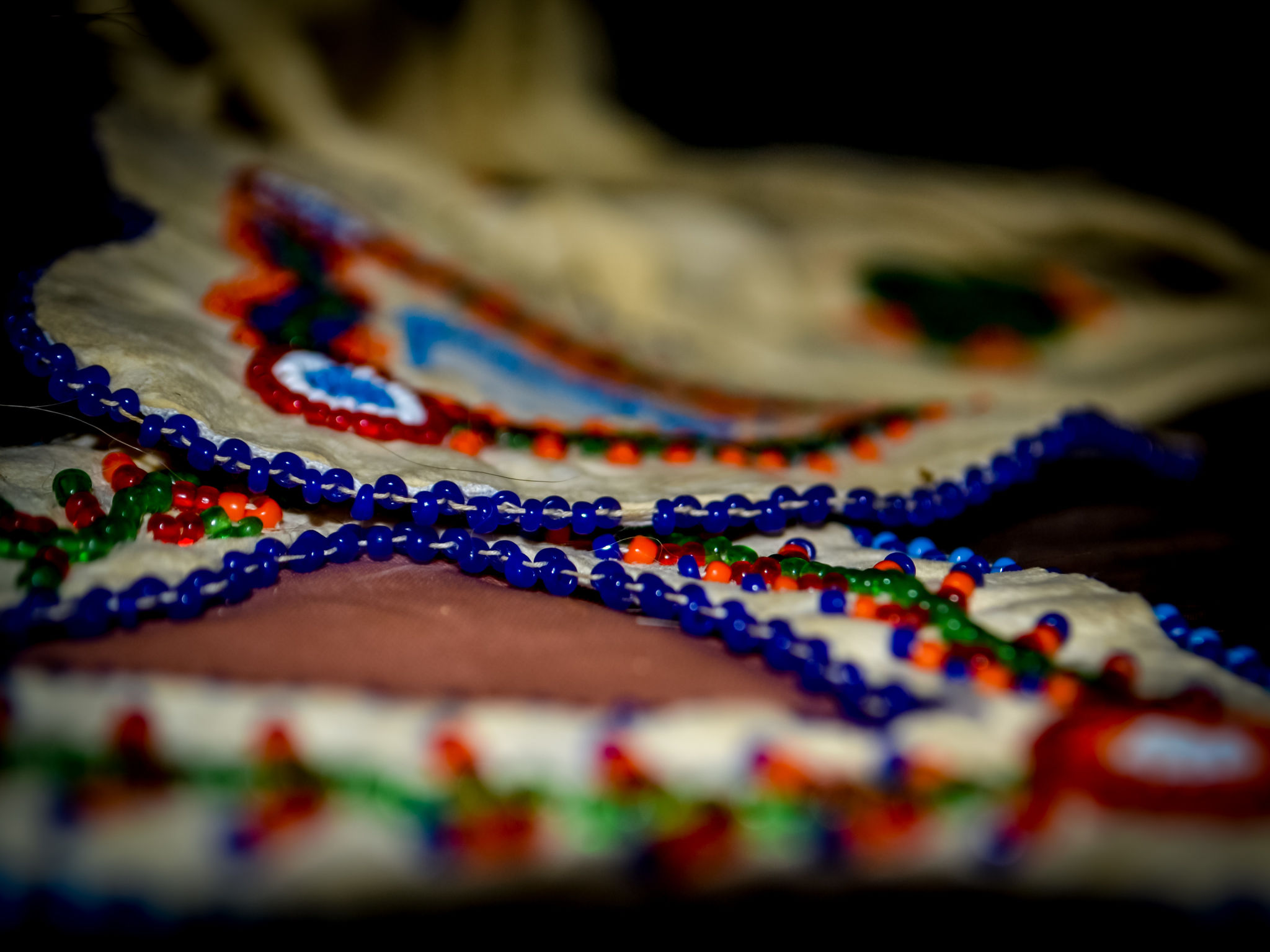Myth-Busting Indigenous Stereotypes: Common Misconceptions and Realities
Understanding Indigenous Cultures
Indigenous cultures are often shrouded in stereotypes and misconceptions that can distort our understanding of their rich history and traditions. It is crucial to acknowledge these inaccuracies and focus on the realities that define Indigenous peoples' lives today. By doing so, we can promote a more accurate and respectful representation of these vibrant communities.
One common stereotype is the notion that Indigenous peoples are a monolithic group with homogenous traditions and customs. In reality, there are over 5,000 distinct Indigenous cultures worldwide, each with its own unique languages, beliefs, and practices. Recognizing this diversity is essential in appreciating the richness of Indigenous heritage.

Debunking Historical Misconceptions
The "Primitive" Myth
A prevalent myth is that Indigenous peoples are "primitive" or stuck in the past. This stereotype ignores the adaptive and resilient nature of these communities. Many Indigenous groups have successfully integrated modern technology and practices while preserving their cultural identity. This adaptability demonstrates their ability to thrive in various environments and contexts.
Vanishing Cultures
Another misconception is that Indigenous cultures are vanishing. While it is true that many have faced significant challenges due to colonization, displacement, and assimilation policies, numerous Indigenous communities are actively revitalizing their languages, traditions, and customs. These efforts showcase the determination to preserve their cultural heritage for future generations.

Social and Economic Realities
Economic Contributions
Indigenous peoples are often portrayed as reliant on government assistance. However, they make substantial economic contributions through entrepreneurship, resource management, and cultural tourism. These initiatives not only benefit their communities but also contribute to broader national economies. Highlighting these achievements helps dispel the myth of economic dependency.
Land Stewardship
A significant yet overlooked reality is the role of Indigenous peoples as stewards of the land. They have long practiced sustainable land management techniques that prioritize environmental balance, benefiting both biodiversity and climate stability. Recognizing their expertise can guide modern conservation efforts and promote ecological sustainability worldwide.

Cultural Resilience and Innovation
The resilience of Indigenous cultures is evident in their capacity for innovation. From traditional knowledge systems to contemporary artistic expressions, Indigenous peoples continually adapt and innovate while remaining rooted in their heritage. This dynamic interplay between tradition and modernity challenges stereotypes of stagnation.
Indigenous artists, musicians, and writers contribute significantly to global cultural landscapes, offering fresh perspectives and narratives. By celebrating these contributions, we break free from outdated stereotypes and embrace a more nuanced understanding of Indigenous identities.

Moving Forward with Respect and Understanding
Addressing stereotypes and misconceptions about Indigenous peoples is a crucial step toward building a more inclusive society. By educating ourselves about the realities faced by these communities, we can foster mutual respect and understanding. Engaging with Indigenous voices and perspectives is vital in dismantling harmful stereotypes and promoting allyship.
Ultimately, myth-busting Indigenous stereotypes involves recognizing the diversity, resilience, and innovation that define Indigenous cultures today. As we challenge misconceptions, we pave the way for a future where Indigenous peoples are celebrated for their contributions to our shared world.
